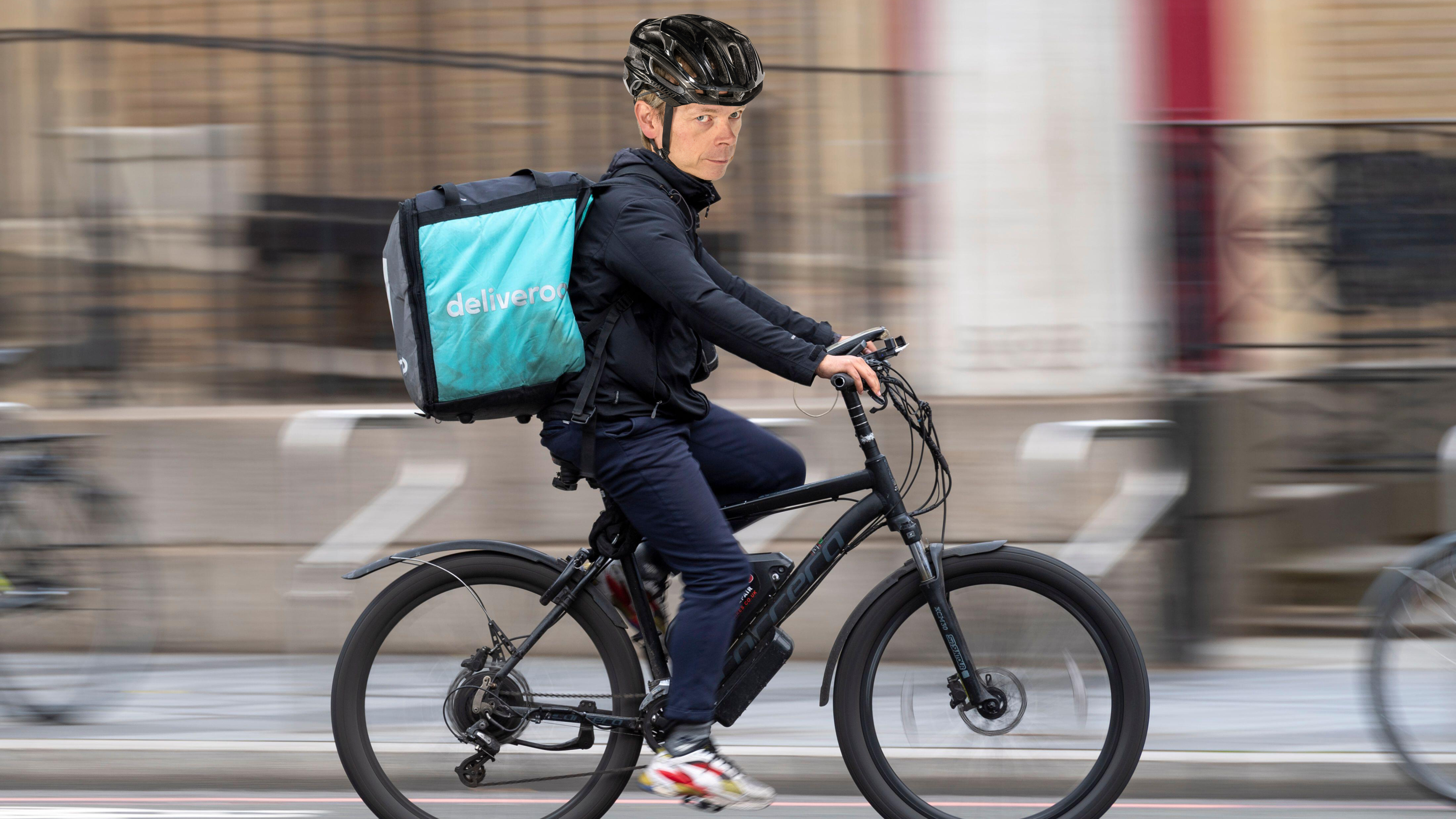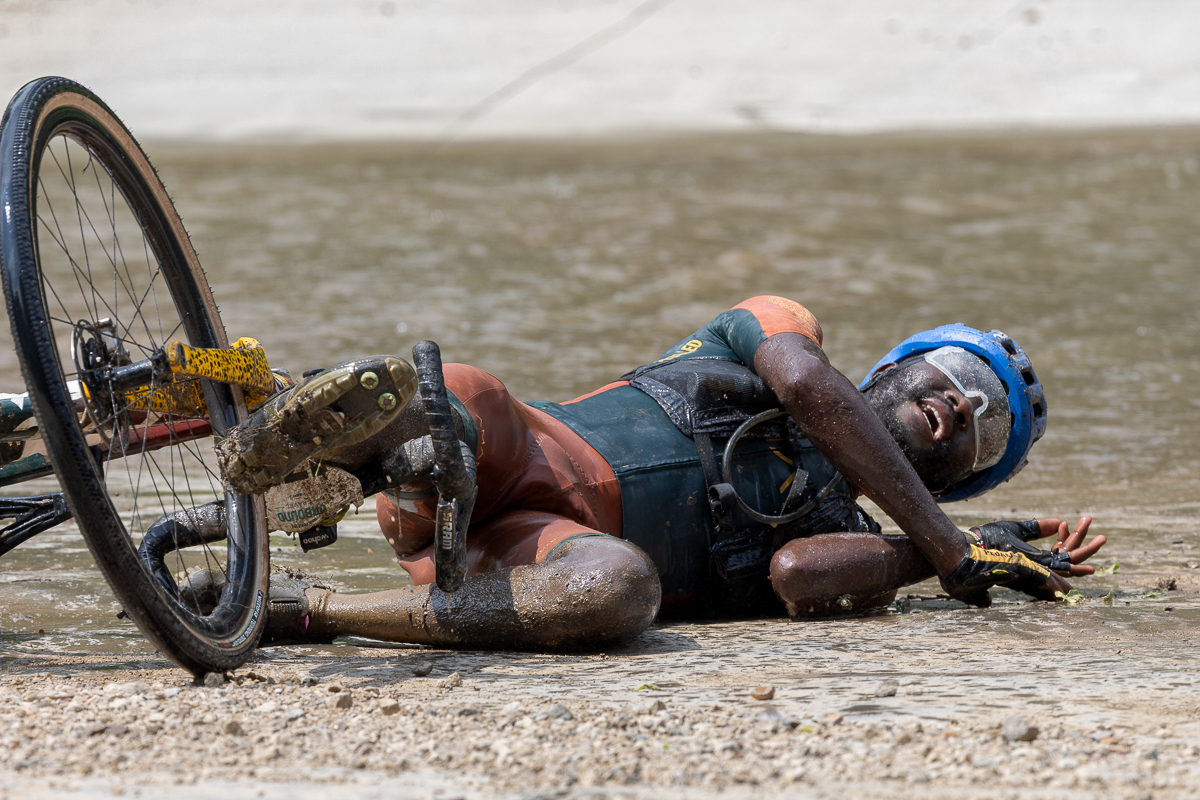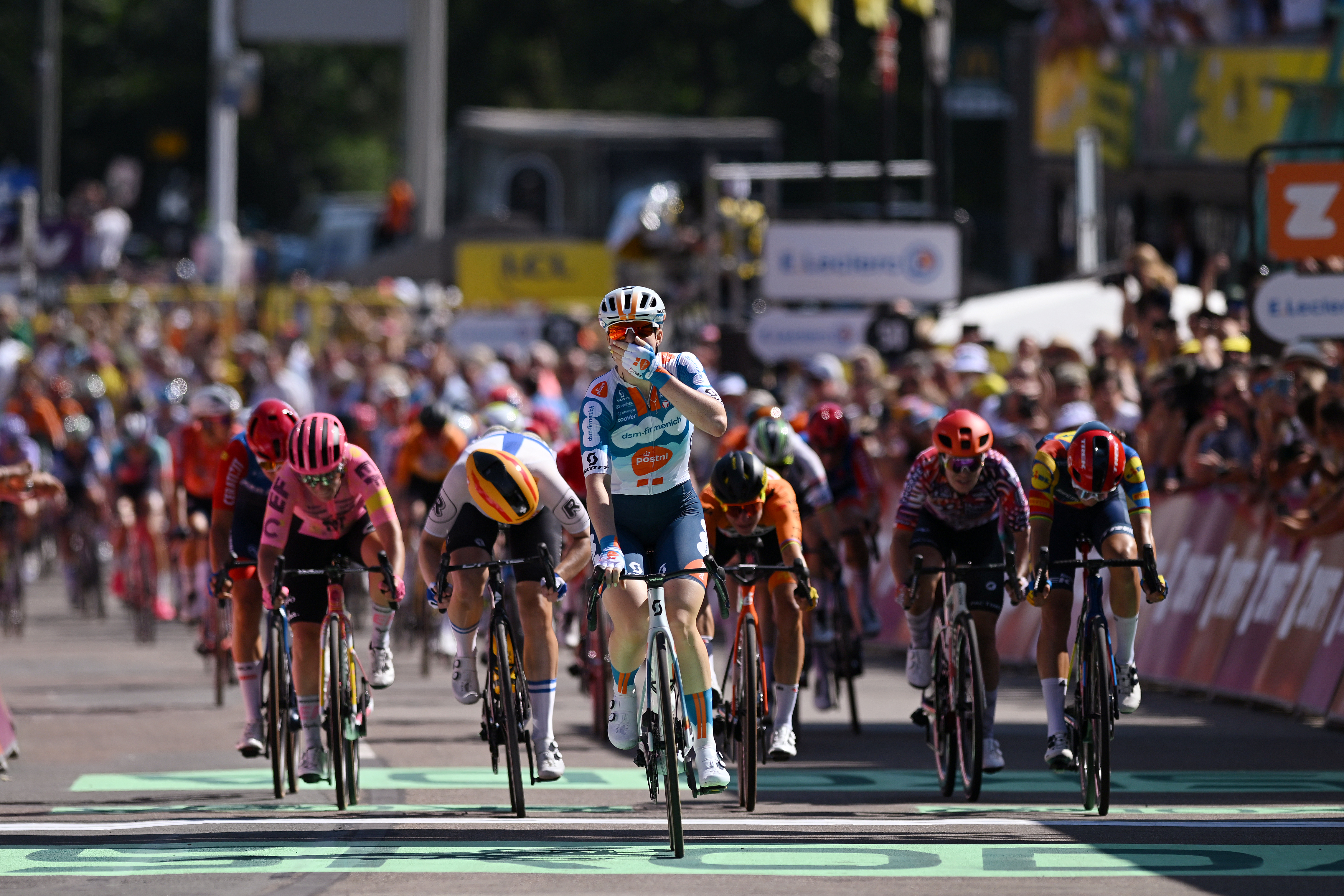No one who buys these electric bikes is planning to pedal very much
Electric motorbikes - or, de-restricted, illegal e-bikes - are giving us all a bad name, writes CW's columnist

Not far from where I used to live in London, there was an e-bike shop. It shut a while ago after a bus crashed into it, which I suspect was an attempt to cut the supply of cyclists off at the source. The bikes in the window of this shop, before they were hit by a Number 19, very rarely looked like bicycles. Usually they were pretty substantial looking, fat-tyred, with a motorcycle style saddle. I dropped in one day to ask what one of them weighed, and was told it was about 50kg but that, “It can carry two people at 40mph”.

Multiple national champion on the bike and award-winning author Michael Hutchinson writes for CW every week.
Electric bikes, the law, and Cycling Weekly
In the UK, assistance from an electric bike is limited to 15mph/25kph. Electric bikes (alongside gravel bikes) are the fastest growing segment in the market. The assistance allows riders who might otherwise take the car or - perish the thought - go for a run, to enjoy cycling, which can only be a good thing.
Unfortunately, as our columnist points out, it's increasingly common to see people riding de-restricted e-bikes. Ridden at speed, sometimes without pedalling, these bikes can understandably upset other road users and pedestrians, even leading to councils considering banning cycling altogether in cities. At CyclingWeekly.com, we're all for e-bikes. What we're not all for is anything which furthers the culture war between cyclists, pedestrians, and drivers - that includes illegal e-bikes.
Not only is it very heavy, the chainset is oddly far ahead of the non-adjustable saddle; the saddle itself is suspiciously wide, and the gear ratios don’t really make sense… put it this way: it seems to me that no one who buys one of these is planning to pedal very much. You can easily switch off the UK performance restrictions (15mph/25kph) and then what you have is an electric motorbike with wobbly footpegs. You should, of course, be insured, licensed, ride it only on the road and so on. But you probably won’t.
My experience of e-bikes is, I’ll admit, quite limited. I used a borrowed electric cargo bike briefly, and thought it was a wonderful thing. I rode an electric commuter bike and liked it too – I loved the ease of accelerating away from the lights. So on the whole, I kind of liked the idea.
But evolution has been divergent. The first e-bikes were limited in performance and range. We referred to them initially as ‘e-assist’ bikes – it would help you up a hill. Probably only the one hill, actually. Then you’d need to plug it into something overnight. It wasn’t all that impressive but at least it didn’t usually burn your house down.
Now, there are a lot of potential uses and users for e-bikes. There is a continuum starting with sporting or hobby riders who want the training and exercise benefit, but just want a little help on the hills. Then there are commuters. Then there are food delivery guys. And finally there are phone thieves.
The only group here that doesn’t want a bike that goes as fast as possible for as little effort as possible is the first one. I can see the benefits – if you’re recovering from injury, getting on in years, or living in a very hilly area and don’t always want a hard ride, it’s a great idea. That is, in fact, almost the entire market for a ‘traditional’ (by which I think I mean ‘legal’) e-bike.
Everyone else might as well buy the electric motorbike. And increasingly they are. Given there is zero enforcement of the laws around them, the only reason you wouldn’t is if you have a sort of grandstanding urge to be obedient or if you need to carry the thing up three flights of stairs on a regular basis.
Get The Leadout Newsletter
The latest race content, interviews, features, reviews and expert buying guides, direct to your inbox!
I wouldn’t mind all that much, but the problem is that for most of the world ‘cyclists’ includes all of the above groups, and even firmly acoustic riders like myself who, frankly, are still a bit doubtful about electronic gears. It appears that only a real specialist is able to tell the difference between Tadej Pogačar and a teenager trying to score 50 iPhones in an afternoon. And it’s a PR disaster. When councils ban cycling because of ‘concerns’ (as per Birmingham, UK), their concerns are almost always driven by electric motorbike riders.
In the 1960s, Cycling Weekly print magazine changed its name to Cycling and Mopeds, because they were seen as more or less the same thing – the engine was ‘just a bit of help on the hills’. That’s not the way it worked out, and right now I’m not sure that we’re not involved in the same thing all over again.

Thank you for reading 20 articles this month* Join now for unlimited access
Enjoy your first month for just £1 / $1 / €1
*Read 5 free articles per month without a subscription

Join now for unlimited access
Try first month for just £1 / $1 / €1
Michael Hutchinson is a writer, journalist and former professional cyclist. As a rider he won multiple national titles in both Britain and Ireland and competed at the World Championships and the Commonwealth Games. He was a three-time Brompton folding-bike World Champion, and once hit 73 mph riding down a hill in Wales. His Dr Hutch columns appears in every issue of Cycling Weekly magazine
-
 Opinion: crashes at Unbound are inevitable, and that’s okay
Opinion: crashes at Unbound are inevitable, and that’s okay"Crashes are horrible, but they’re part of the game. If we try to over-regulate Unbound, we risk killing the very thing that makes it special," writes Joe Laverick
-
 2026 Tour de France Femmes avec Zwift to begin in Switzerland
2026 Tour de France Femmes avec Zwift to begin in SwitzerlandThe Alps could come as early as stage three after two wholly Swiss days